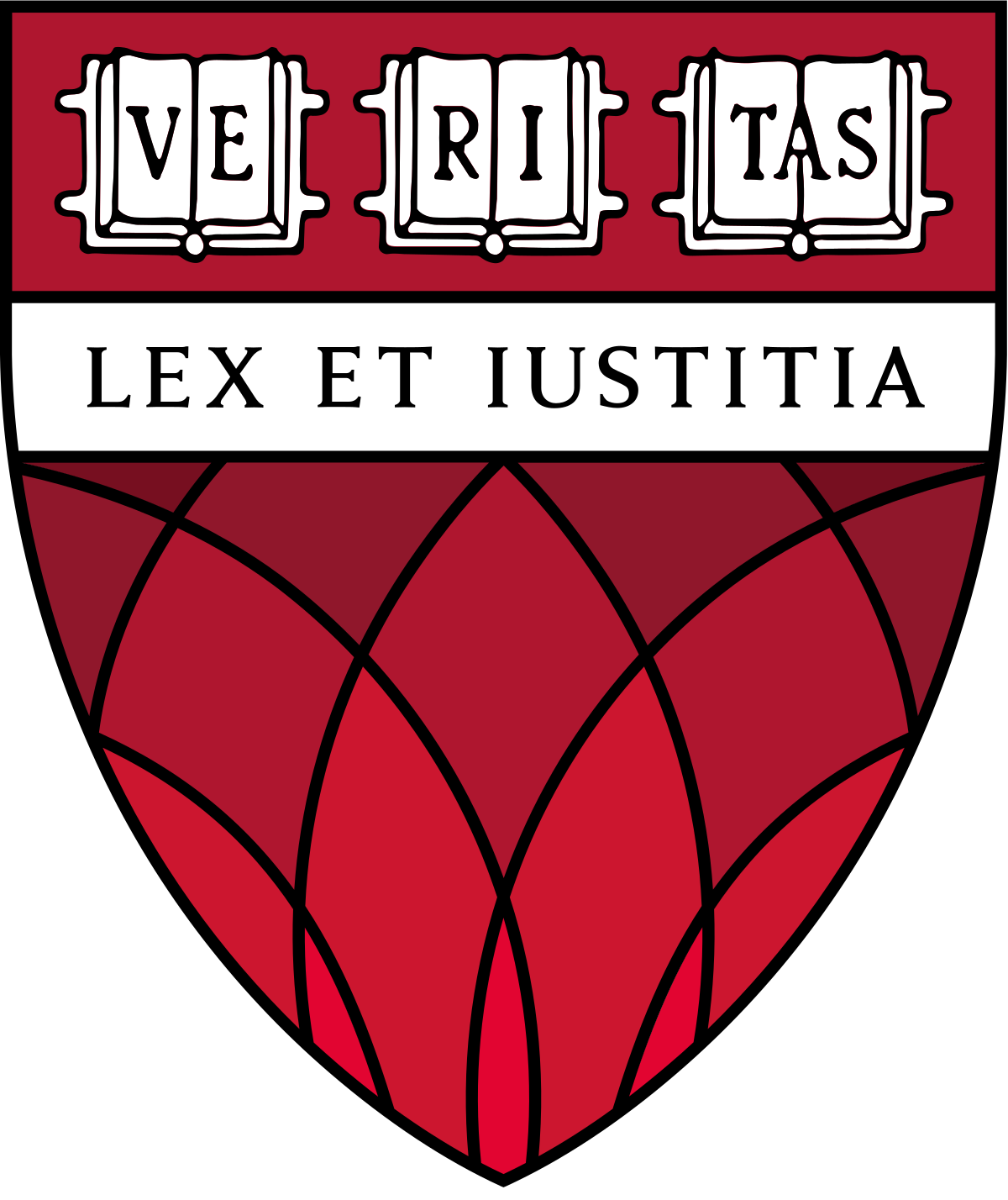Corporate purpose and sustainability (often referred to by the acronym of ESG for environmental, social, and governance) are now part of the mainstream lexicon in the corporate and investment communities. The two terms are often used interchangeably as synonyms. This is wrong. Purpose and sustainability are related but different ideas. Purpose comes first. Sustainability can either contribute to it or can detract from it.
As one of us (Mayer) has written, the purpose of a company “is to produce profitable solutions to problems of people and planet,” while at the same time “not profiting from producing problems for people or planet”—a failure in sustainability. Companies that are making investments in sustainability while failing to produce profitable solutions to people and planet are also failing in purpose. Companies that are profitable while degrading the environment and society are focused on profits, not purpose. Danone is an example of the former and ExxonMobil is an example of the latter.
Danone, famous for its commitment to sustainability, took this one step farther by converting to an enterprise à mission in July of 2020 with a 99 percent shareholder vote in favor of this move. Under this legal structure the company commits to social and environmental goals which it is obligated to meet. This structure is not intended to force a trade-off with profits; rather it is seen as a way of ensuring the ability of a company to generate them over the long term. Three years previously Danone North America was created as a Public Benefit Corporation, the U.S. equivalent of the enterprise à mission.
Over the past few months, much has been written about the ouster of Emmanuel Faber as the Chairman and CEO of Danone in March 2021 , with many saying it was because two activist investors, Artisan Partners and Bluebell Capital Partners, didn’t like the company becoming a beacon for stakeholder capitalism by converting to an enterprise à mission. Some worried that these two investors, holding around six percent of the company’s shares, were after short-term profits at the expense of sustainability. Mary Johnstone-Louis and Charmian Love have written that this is a vastly oversimplified interpretation and further argued that the relationship between profits, people, and planet needs to be set in a broader systems context. We’ll come back to this point later.
Danone’s stock price had been underperforming its major competitors, Nestle and Unilever, both also well-known for their commitment to sustainability (Figure 1). While Danone’s stock price has been virtually flat for the past 10 years, both Nestle and Unilever have seen notable improvement. The Financial Times reported that in a letter sent by Bluebell to Danone, the investor cited “a combination of poor operational record and questionable capital allocation choices” as the reasons for this stock price underperformance.
Neither Bluebell nor Artisan have the stereotypical trappings of activist hedge funds in search of short-term profits at the expense of the long-term. Both are signatories to the Principles of Responsible Investment. Both discuss sustainability and emphasize a commitment to long-term investing. Bluebell notes that “As active long-term investors we are naturally focused on material ESG factors which can impact the performance of the companies in which we invest, and the responsible stewardship of our investments.” Artisan states that “As an investment firm, we consider sustainability/ESG matters both in our investment activities and in how we execute our business model.” Its website provides an extensive discussion of its ESG Approach, ESG Integration, Engagement, and Proxy Voting. Itself a listed company, it also describes the firm’s own approach to sustainability/ESG.
Neither of these firms are opposed to sustainability. What they were opposed to was Danone’s failure to make its commitment to sustainability in support of its purpose: “bringing health through food to as many people as possible.” In vivid contrast is Unilever. Under its previous CEO Paul Polman and current CEO Alan Jope, the company is one of the worlds’ preeminent companies when it comes to sustainability in service of purpose. This is evidenced by over three decades of sustained stock price performance in relation to both Danone and the wider market (Figure 2).
ExxonMobil is an example of a company failing to deliver both profitably and ethically on its purpose of “being the world’s premier petroleum and chemical manufacturing company” which “must continuously achieve superior financial and operating results while adhering to high ethical standards.” In this case, it is due to the company’s failure in sustainability. While Danone is at least trying to transform its business model in response to how the world is changing, ExxonMobil has remained obdurate in ignoring the implications of the needed energy transition to address climate change. It has continued investing billions to drill for unneeded oil and gas. In doing so, it has watched its return on capital employed fall from an average of around 35% from 2001-2010 to around 6% from 2015-2019 and its market cap drop by around three-quarters from its peak of $527 billion in 2007 to a low-point of $139 billion in 2020. ExxonMobil was kicked out of its 92 years in the Dow Jones Industrial Average in 2020 and S&P has downgraded its credit rating twice over the past five years.
SUBSCRIBE TO OUR NEWSLETTER
Subscribe our newsletter to receive the latest news, articles and exclusive podcasts every week


